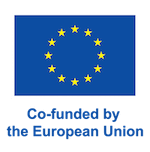The second workshop from eCAN’s Work Package 8 has brought together a total of 26 participants interested in how to involve policymakers in a research project like this Joint Action. In particular, the aim of this second online gathering was to share practical strategies for coordinating and implementing effective recruitment and engagement of policymakers.
As in the previous workshop, Despoina Mantziari, from the Laboratory of Medical Physics and Digital Innovation at the Aristotle University of Thessaloniki (AUTH), organised and led the meeting. During her intervention, Mantziari stated that, when approaching this type of actors who belong to different entities and work at various scales, “an interdisciplinary strategy is necessary”.
“It is important to remember that in projects such as eCAN we do not only work to achieve the objectives of the consortium, but we aim to expand our work and propose real solutions to be implemented in society”, said the WP8 member.
Barriers to engage with policymakers
Securing the commitment of policymakers is no easy task and there are certainly significant obstacles to overcome. These barriers relate to the policy-making process (lack of a culture of dialogue, primacy of political priorities, poor long-term policy planning, inflexible and non-transparent policy processes, etc.) and to the institutional set up (limited resources, weak incentives and limited capacity to engage in evidence-based policymaking).
In the face of these some of these barriers, what project members can do is to draw up a skills map, identifying the context and scope of each policymaker, so that the approach to these actors is transparent and as clear as possible. The clearer the roadmap and the role they should play, the more willing policymakers will be to help, according to Mantziari.
Two workshops ahead
There are still two workshops scheduled in the calendar for eCAN participants. The first one is titled ‘Liaison with EU-wide networks: Spread the message across the EU’ and the last one ‘Empowerment Tips&Tricks: Rights and coping frames’. Both will offer a broader view on how to understand and approach stakeholders’ engagement.
![]() Co-funded by the European Union. Views and opinions expressed are however those of the author(s) only and do not necessarily reflect those of the European Union or HaDEA. Neither the European Union nor the granting authority can be held responsible for them.
Co-funded by the European Union. Views and opinions expressed are however those of the author(s) only and do not necessarily reflect those of the European Union or HaDEA. Neither the European Union nor the granting authority can be held responsible for them.



